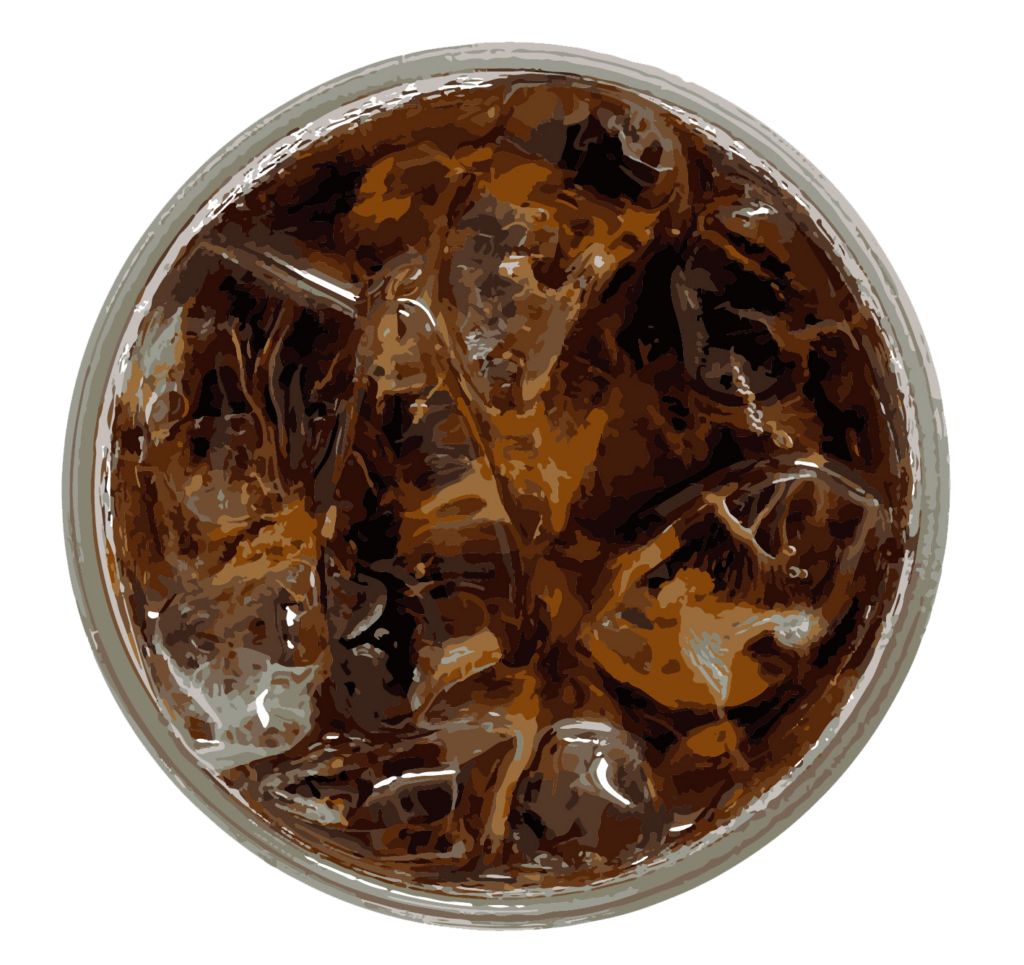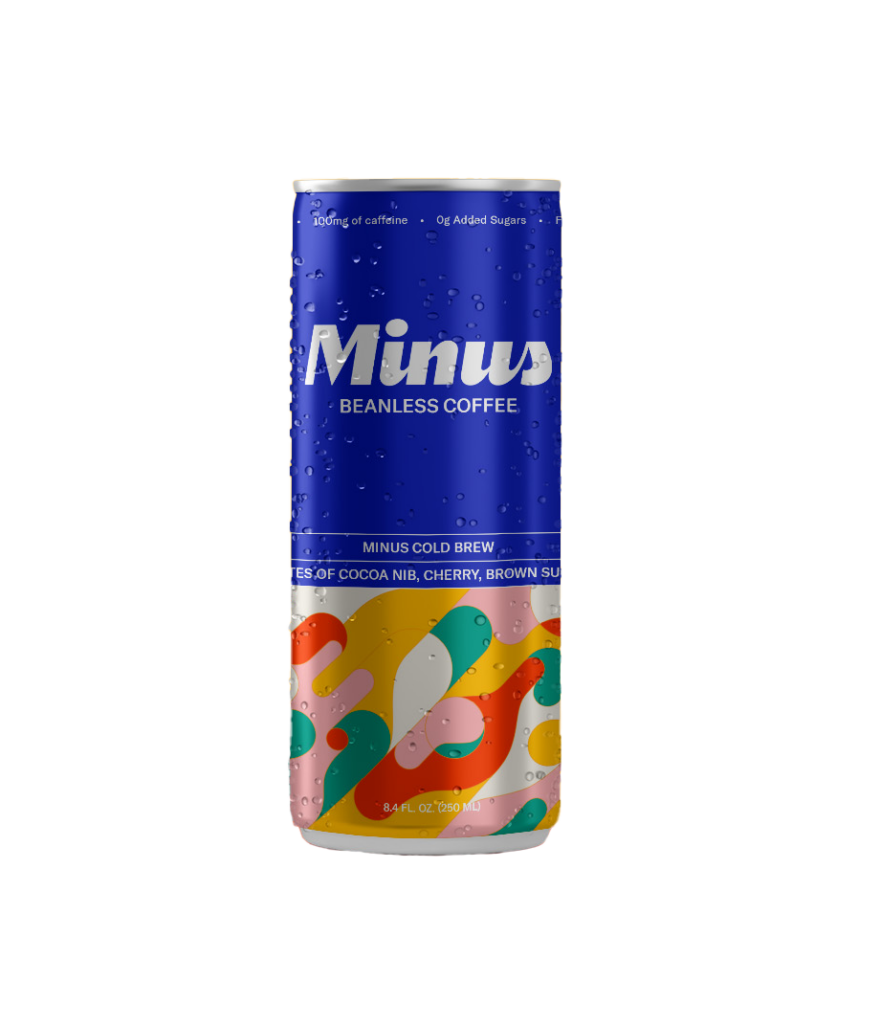
One Coffee, Hold the Beans
By Larry Lindner
April 2023

“I don’t want to live in a world without coffee,” Maricel Saenz has said. With scientists predicting that by 2050 half of the land suitable for growing coffee will have been lost, is it any wonder Maricel has taken coffee brewing to the laboratory?
In 2020, the Costa Rica native launched Compound Foods, a foodtech startup that leverages food science and precision fermentation to create coffee without the beans. In October 2022, Compound Foods beta-launched Minus cold brew and sold out within the first 24 hours. Ninety-five percent of survey respondents who tasted Minus rated the drink more highly than their own regular coffee. (It has all of coffee’s zing, too, with 100 milligrams of caffeine per 8 ounces.)

Not only is climate change affecting coffee, but coffee accelerates climate change.
How can you make coffee from pits, roots and seeds that might otherwise have been discarded? The same way you make coffee from coffee plants. Maricel’s firm puts ingredients such as chicory roots, date seeds, lentils, toasted sunflower seeds, grape seeds, date seeds and sugar millet malt through a precision fermentation process that replicates the enticing aroma and rich-tasting brew we’ve come to love.

Not only is climate change affecting coffee, but coffee accelerates climate change. Traditional coffee leads to deforestation, soil degradation and habitat destruction, and is resource-intensive, with 37 gallons of water needed to produce just a single cup of joe. Minus coffee rises to the climate challenge, using 94 percent less water. Taking beans out of coffee-making also protects rain forests, including the Amazon. “It tames the environmental circus show,” Maricel says.
“Melting glaciers are bad enough, but the loss of coffee is downright terrifying."
The first Costa Rican woman to be named to Forbes’ 30 Under 30 list, Maricel continues to break barriers through her resilience, charisma and marketing savvy. With other products in the pipeline, Compound Foods is poised to give consumers that legendary coffee taste and morning energy kick without the detrimental impact to the environment.
The rollout of Minus can’t come soon enough. In the words of Michael Hoffmann, a Cornell professor who focuses on the relationship between climate change and food, “Melting glaciers are bad enough, but the loss of coffee is downright terrifying.”
